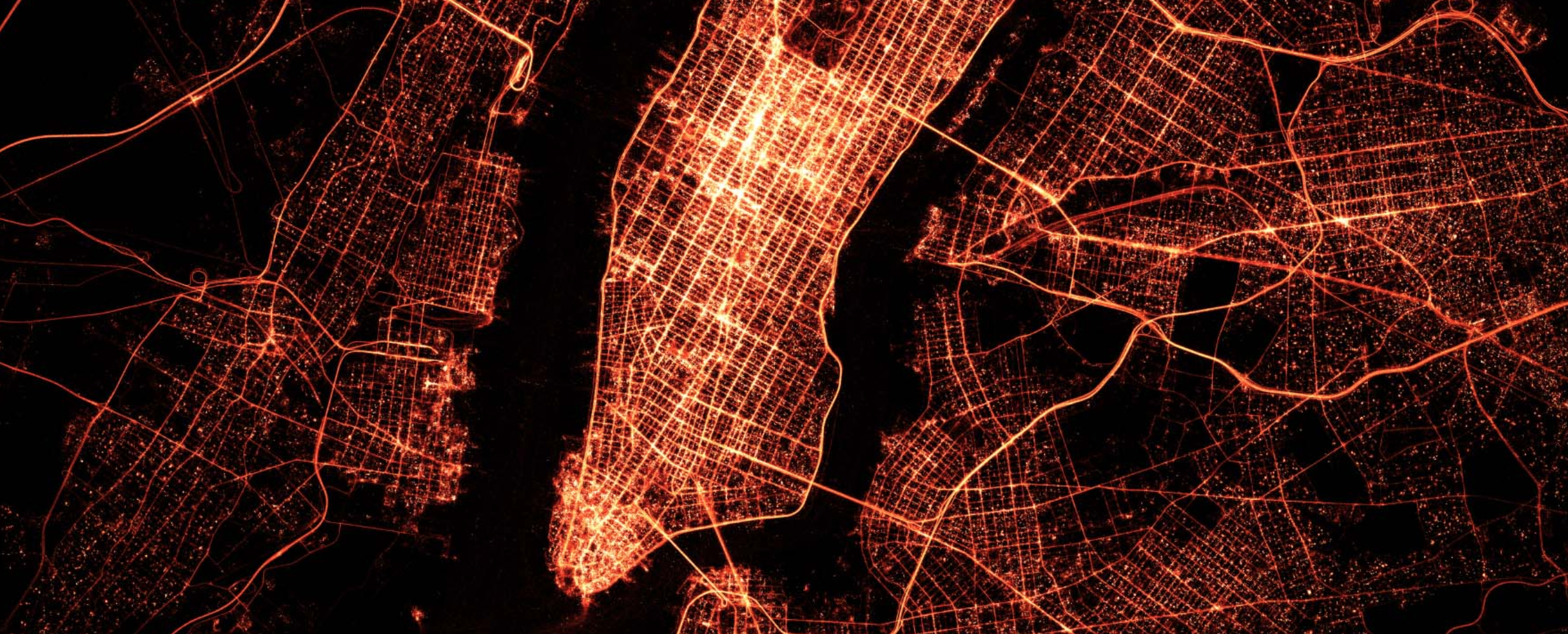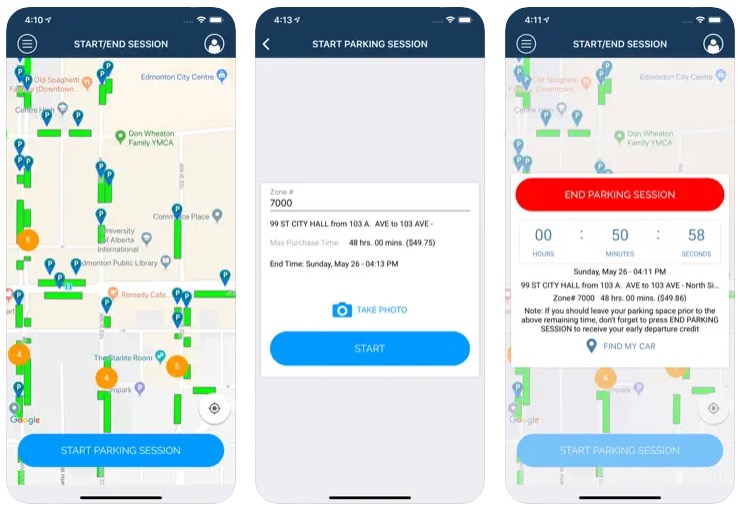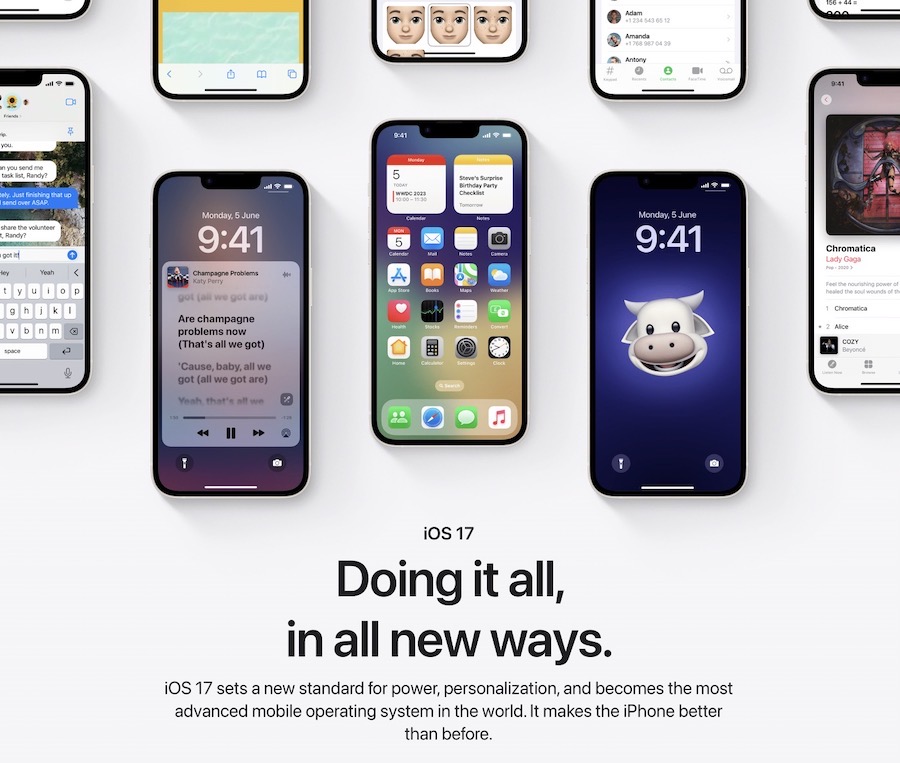
‘Anonymous’ Location Data Isn’t 100% Anonymous: NYT
At least 75 companies receive people’s precise location data from hundreds of apps whose users enable location services for benefits such as weather alerts.

New York Times
A featured report published by the New York Times highlights the extent to which our private data is collected and shared by some apps. A number of apps were tested across iOS and Android, currently the two biggest mobile OS platforms.
NYT reviewed a database of 2017 information from a company that contained location data accurate to within yards and updated thousands of times a day. Using this data, the NYT was able to identify and contact a number of people whose information was anonymized.
Although location information is supposed to be anonymous, the paper found that it could track location movements precisely enough to identify an individual user, learning an alarming amount of information about the user:
[One phone] leaves a house in upstate New York at 7 a.m. and travels to a middle school 14 miles away, staying until late afternoon each school day. Only one person makes that trip: Lisa Magrin, a 46-year-old math teacher. Her smartphone goes with her.
An app on the device gathered her location information, which was then sold without her knowledge. It recorded her whereabouts as often as every two seconds, according to a database of more than a million phones in the New York area that was reviewed by The New York Times. While Ms. Magrin’s identity was not disclosed in those records, The Times was able to easily connect her to that dot.
The app tracked her as she went to a Weight Watchers meeting and to her dermatologist’s office for a minor procedure. It followed her hiking with her dog and staying at her ex-boyfriend’s home, information she found disturbing.
“It’s the thought of people finding out those intimate details that you don’t want people to know,” said Ms. Magrin.
The windows that pop up asking if you want to enable permissions generally don’t tell you your data might be sold if you enabled it. Rather, these warnings tend to be buried in the apps’ privacy policies, which are already vague and long.
There is no federal law limiting the collection or use of such data, but apps that ask for access to users’ locations, while leaving out important details about how the data will be used may violate federal rules on deceptive business practices, Maneesha Mithal, a privacy official at the Federal Trade Commission, told the Times.
More than 1,000 popular apps contain location-sharing code for these companies, the report says, citing data from mobile analytics firm MightySignal. This includes 1,200 Android apps and 200 iOS apps.
If you don’t want companies tracking your location, you can deny apps access your location by going into your Settings and revoking permissions.

